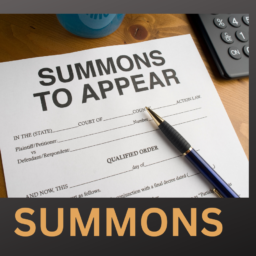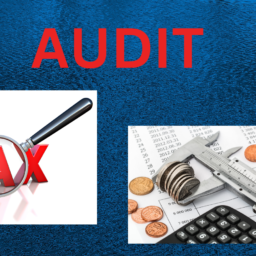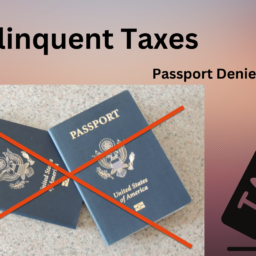
Consequences of Lost or Destroyed Tax Records
Tax season can be stressful; for many, the anxiety doesn’t end when you hit that “submit” button on your tax return. It can feel like an overwhelming ordeal if you’re ever faced with an IRS audit. Now, imagine you’re in that situation, and to make matters worse, your tax records are lost or destroyed. Is there any hope of proving your deductions and avoiding penalties? In this blog post, we’ll delve into this common problem, explore potential solutions, and provide guidance on how to navigate this challenging situation.
Lost or Destroyed Tax Records
It’s common for taxpayers to lose their tax records for various reasons, including natural disasters like Superstorm Sandy or unexpected computer crashes. The Internal Revenue Service (IRS) requires taxpayers to retain records under USC §6001, which poses a challenge when records are missing.
The Cohan Rule
In 1930, a federal case known as Cohan v. IRS set a precedent that’s become a lifeline for taxpayers with lost records. George Cohan, famous as “Mr. Broadway,” lost all his tax records but successfully argued that he should be allowed to estimate his deductions based on credible evidence. The Cohan rule states that if it’s evident a taxpayer is entitled to a deduction but can’t establish the exact amount, a reasonable estimation is permitted.
 Substantiation Requirements
Substantiation Requirements
Since the original Cohan case, both the courts and Congress have introduced strict substantiation requirements for travel and entertainment expenses. Taxpayers must meet these stringent requirements to avoid penalties, even when records are lost or destroyed.
Tax Regulations That Provide Relief
Tax regulations can provide some relief when records are lost due to exceptional circumstances like natural disasters. Treasury Regulation §1.274-5A allows taxpayers to substantiate deductions through reasonable reconstruction when records are lost beyond their control.
Burden of Proof
When you’re facing an audit, and your records are lost or destroyed, the burden of proof lies squarely on your shoulders. You must provide the auditor with a reasonable reconstruction of your deductible expenses.
Record Keeping and Backup Solutions
Given that audits often occur years after filing, it’s essential to maintain good record-keeping practices. Scanning and backing up documentation on an external drive can prove invaluable in these situations.
Dealing with a tax audit, especially when records are lost, can be a challenging battle. Persistence and presenting a strong case to the tax auditor are key to a favorable outcome.
 Need Legal Help?
Need Legal Help?
Facing an IRS audit is daunting and becomes even more challenging when your tax records are lost or destroyed. However, the Cohan rule and tax regulations offer some hope for taxpayers in this predicament. While the burden of proof is on you, proper record-keeping and persistence can help you navigate this difficult situation.
Remember, you’re not alone in this battle; with the right help, you can overcome the odds.
Contact the Law Offices of Todd S. Unger, Esq. LLC today for a free, confidential consultation and get the expert assistance you need to protect your interests and navigate the audit process successfully. Your financial future is worth the investment.






